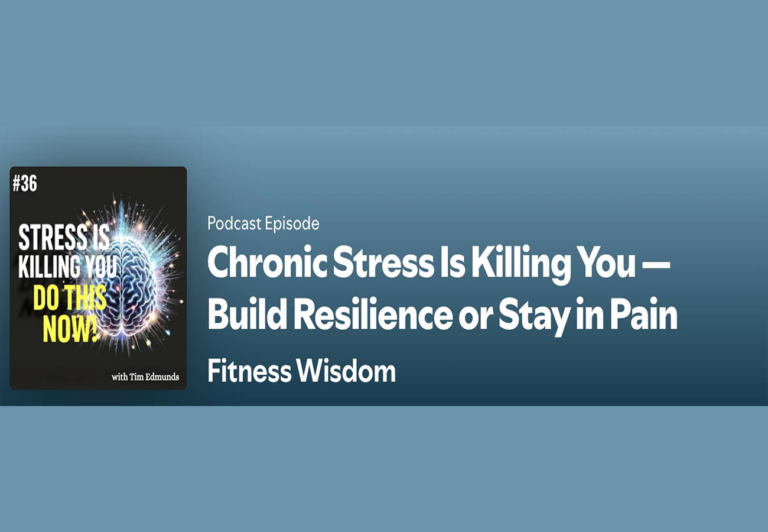I was lucky enough to become a dad in 2012. I knew nothing about having or raising kids. All I thought I knew was that they were helpless, and you constantly needed to sort their issues out until they could speak for themselves. I was wrong.
Luckily, my wife was/is an expert with children. Which is probably why she has been able to tolerate me for all these years, haha.
Her mantra is ‘behavior is communication’. Our kids are and were really easy to raise (comparatively speaking) and now that they’re older are very respectful young men. I’m proud of them.
But here’s why they’re development was mostly a smooth ride. My wife understood that behavior is how babies, without the ability to speak, tell you exactly what is going on.
Babies, are truly primal. Grunts, growns, cries, giggles. Yet they are communicating with us the entire time. When a baby cries, we are quick to try to find ways to get him or her to stop crying. Yet, I’ve seen frantic parents seem to struggle with this all the time. It’s like they have no idea what their baby is trying to communicate. It’s like their baby cries for no reason other than because that’s what babies do…..they cry. (No judgement, without my wife this would have been my belief too).
Stay with me now, I know we are talking a lot about babies, but I promise, this will personally help you!
From what my wife has taught me, babies cry for one reason, dysregulation. Dysregulation can be broken down into 3 categories for and through process of elimination you can sort the problem quickly and effectively.
Discomfort. They either need changed, moved to a different spot, are too hot or cold or their clothes are bothering them. Their body is uncomfortable, and they cry until you can help them get comfortable.
Hunger. They could be crying because they need you to feed them.
Tired. They may be tired and need to be put in a place where they can safely sleep.
Now, if you have a crying baby, you run through the Big 3 here and within minutes should have a quiet can content youngling.
As children grow and develop, they begin to become conditioned by our society. They learn to be a bit more patient, build a resilience/tolerance or mask their dysregulation until a time that will allow them to take care of their discomfort. They are conditioned to be quiet, stop acting like a baby, and toughen up to their body’s needs.
Now, when we become adults, we’ve learned to block out the requests of the body and move on despite how we feel. The big problem here is when we cover our bodies requests up too long and it leads to long term issues.
Now, I’m not saying we need to cry and have someone help us out. What I am saying is we need to be aware of the Big 3 request of the body and learn how to work through these things.
First, if you’re uncomfortable, kind of like a baby with a wet diaper, you need to get comfortable. If you’re not, odds are you will become dysregulated which will express itself as a short-tempered adult, or someone that has a negative attitude. You really can’t even think clearly because you’re preoccupied with how you feel. Now I know sometimes you can’t get yourself comfortable immediately however, make mental notes in situations where your body is uncomfortable so you can prepare for future events.
Next, hunger. We call it being “hangry”. Train your body not to be so dependent on food. Sugar is one of those things that can spike hunger even when you truly don’t need any more calories. Also, planning, pack snacks, eat before you go, etc. Once you’re hungry you’ll express those negative behaviors (no different than a baby crying) until you get fed.
Last, sleep. No secret here. When you’re tired you can turn into an a$$hole pretty quickly. Short temper, negative attitude, poor decision making, completely preoccupied. It’s because the body needs to rest. Plan around being fully rested.
Of course, with unpredictability, we won’t be able to fill these buckets all the time and be perfect. However, just being aware of these things won’t necessarily justify the behavior but will make you more conscious on why you feel the way you feel. Awareness helps you build your memory bank to help you better prepare for similar future situations.
Noticing that your behavior is off is what I like to call “Autonomic Mapping”. You find out, based on behavior what “state” your body is in. Your body, outside of your conscious awareness, will express itself in effort to communicate to you that there’s something that doesn’t feel right. If you listen, you can quickly correct.



